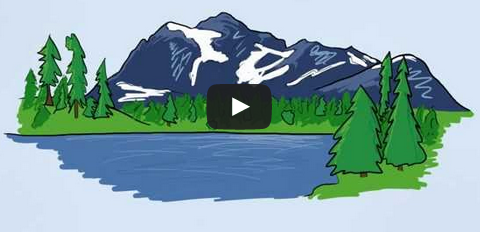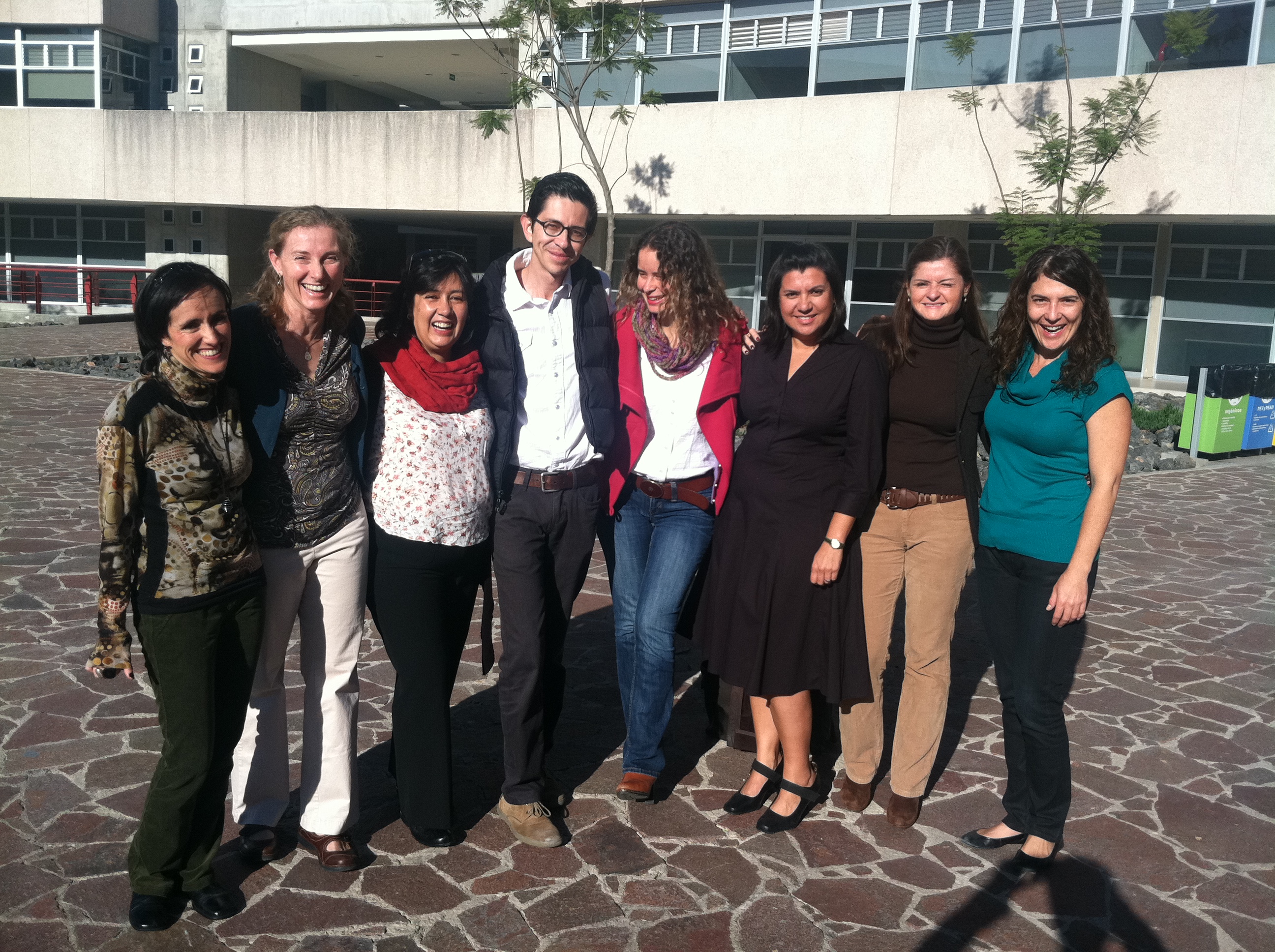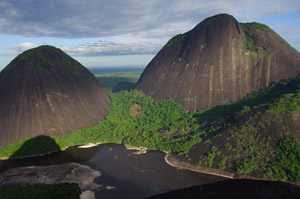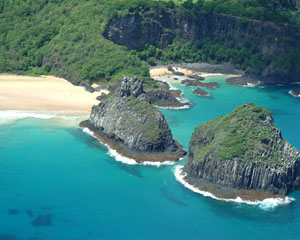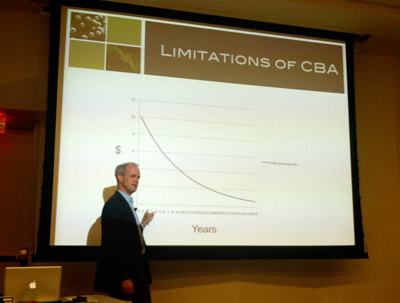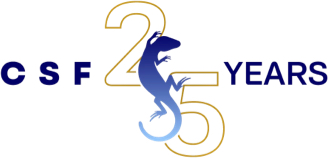News
From left to right: Laura Rodríguez, Eglé Flores, Eduardo Ponce Guevara, Ángela Mojica
and CSF's Cecilia Ayala. © Eduardo Ponce Guevara
It all began with four course graduates from CSF's International Training Course, held annually at Stanford University: Eduardo Ponce Guevara, Eglé Flores, Ángela Mojica and Laura Rodríguez. These alumni, all from Mexico and the surrounding area, dreamed of bringing the Economic Tools for Conservation Course back home to be conducted in Spanish for their colleagues.
Transport specialists and workshop participants, Asuncion, Paraguay
Ecosystems in Latin America and the Caribbean (LAC) sustain hundreds of millions of people, but are threatened by a series of interlocking challenges. Rapid development and population growth have placed increasing pressure on natural resources. Pollution, deforestation, infrastructure, large-scale tourism development, invasive species, and over-fishing all threaten these highly bio-diverse ecosystems, as do the effects of climate change.
As part of CSF's Conservation Economics Initiative, we are developing an innovative online Coastal Conservation Economics course in partnership with Duke University. The 4-month distance-learning course will be launched in January 2015, and will include interactive lectures, video lessons, webinars, virtual office hours, readings, exercises and exams, with an expected time commitment of about 3 hours per week.
Want to know why environmental problems happen? How to value things in the natural environment? The essentials of fisheries and forestry economics? Step-by-step instructions on cost-benefit analysis? As part of the Conservation Economics Initiative, we just released an exciting new collection of video lessons intended for anyone interested in learning basic environmental economic concepts, refreshing what was learned in our courses, or to complement lectures.
As part of our expanding Conservation Economics Initiative, CSF held our first webinar last month in collaboration with the Marine Ecosystem Services Partnership (MESP) at Duke University. Brian Murray, Director for Economic Analysis from the Duke Nicholas Institute for Environmental Policy Solutions, discussed carbon sequestration benefits in terrestrial and marine ecosystems.
CSF is launching its Training Partner Network as part of our Conservation Economics Initiative to bring economics training to more conservation professionals around the world. This effort is made possible thanks to a grant from the Gordon and Betty Moore Foundation. One of the cornerstones of the Initiative is a network of CSF Training Partner organizations offering conservation economics training in parts of the world where we do not have our own training teams. The Network will be supported by CSF and by our academic partners throughout the globe.
There’s one park in the Kingdom of Bhutan where the ranges of the Royal Bengal Tiger, the snow leopard and Himalayan black bear overlap and where communities have lived in harmony with nature for hundreds of years. A trekker’s paradise, Jigme Dorji National Park is also known for it’s astounding biodiversity, breathtaking alpine meadows and majestic snow-capped mountains. But, until recently, it was missing one thing: proper campsites.
Game theory emerged in the 1940’s as a math-driven, esoteric science of how people alternately cooperate and compete to get what they want. It’s been used in business, diplomacy and military strategies and won famed Princeton economist John Nash the Nobel Prize in 1994. Now, far from the halls of academia and the corridors of power, it’s also being used to conserve nature.
From Acadia to Zion, Big Bend to Yosemite, U.S. citizens take them for granted: signs and stairs, benches and bathrooms. Invisible as it may be, infrastructure is key to a park’s value proposition. Visitors willingly pay for a park experience that includes beauty, awe, and a few safeguards and conveniences. And people will defend what they love, which is why we wanted to help them get to know, and love, the Fernando de Noronha National Marine Park.
Last month, we had the opportunity to bring CSF’s economic analysis training to a new audience – the Inter-American Development Bank (IDB) in Washington D.C. The IDB approves over $11 billion dollars in loans each year, and is a major force in shaping the face of development in Latin America. We delivered two training workshops for transport and water sector specialists from various country offices, and a shorter session for IDB Economists based in D.C.


